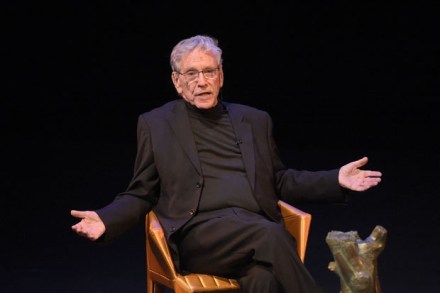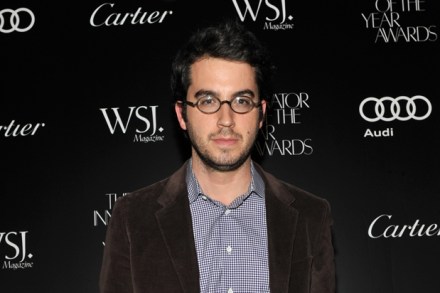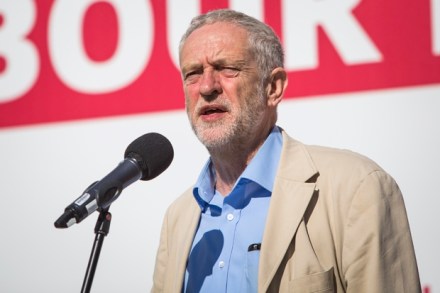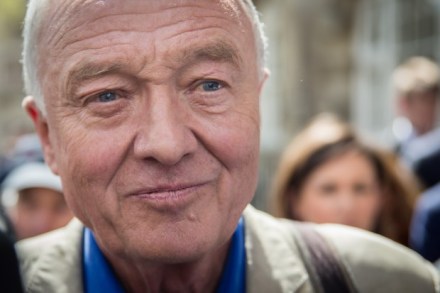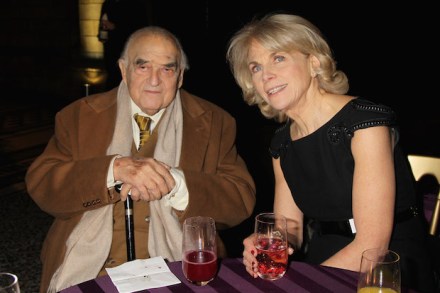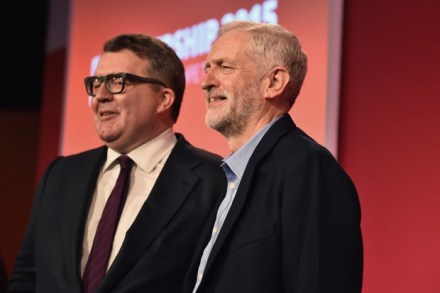Thinking of Israel
‘Here is a story from the winter days of the end of 1959 and the beginning of 1960,’ announces the opening sentence of Amos Oz’s challenging, complex and strangely compelling new novel. The story itself is easily summarised. At its centre is Shmuel Ash, a rather woebegone young man who abandons his university studies in Jerusalem when his girlfriend leaves him and his father withdraws his financial support. At a loss for what to do next, Shmuel takes up a job which requires him to live in a rickety, isolated house surrounded by an air of almost hermetic secrecy; and to provide tea, company and, most crucially, conversation for an
